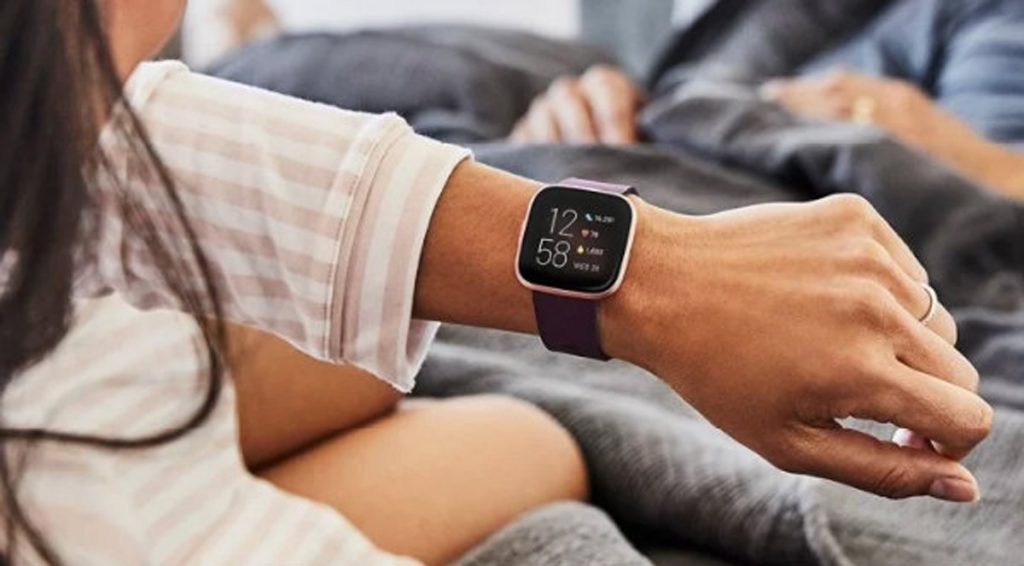In November 2019, Google took ownership of the aforementioned maker of smartwatches with health-tracking capabilities for US$2.1 billion. On Thursday, both Google and Fitbit reiterated that they would strive to protect the privacy of users. Google Senior Vice President of Devices and Services Rick Osterloh declared, “This deal has always been about devices, not data, and we’ve been clear since the beginning that we will protect Fitbit users’ privacy. We worked with global regulators on an approach which safeguards consumers’ privacy expectations, including a series of binding commitments that confirm Fitbit users’ health and wellness data won’t be used for Google ads and this data will be separated from other Google ads data.”
In addition to storing user and advertising data in separate silos, Google is also committed to maintaining third-party access to the Fitbit platform, and promised not to degrade the user experience of third-party smartwatches paired with Android phones. It should be said that, these commitments were necessary to win European Union (European Commission) approval of the acquisition. Privacy advocates may remain unconvinced though. The BBC noted that Google’s DeepMind team previously collected data on 1.6 million UK patients without informing them. While DeepMind promised that the information would never be shared with Google, it was eventually integrated into the latter’s plans to create an AI-powered assistant for nurses and doctors around the world. This is certainly food for thought as app users are increasingly turning more conscious, outspoken, and passionate about protecting their privacy. Only recently, we saw throngs of users ditch messaging app Whatsapp over its decision to share user data with parent company Facebook. (Source: Google, BBC News)
